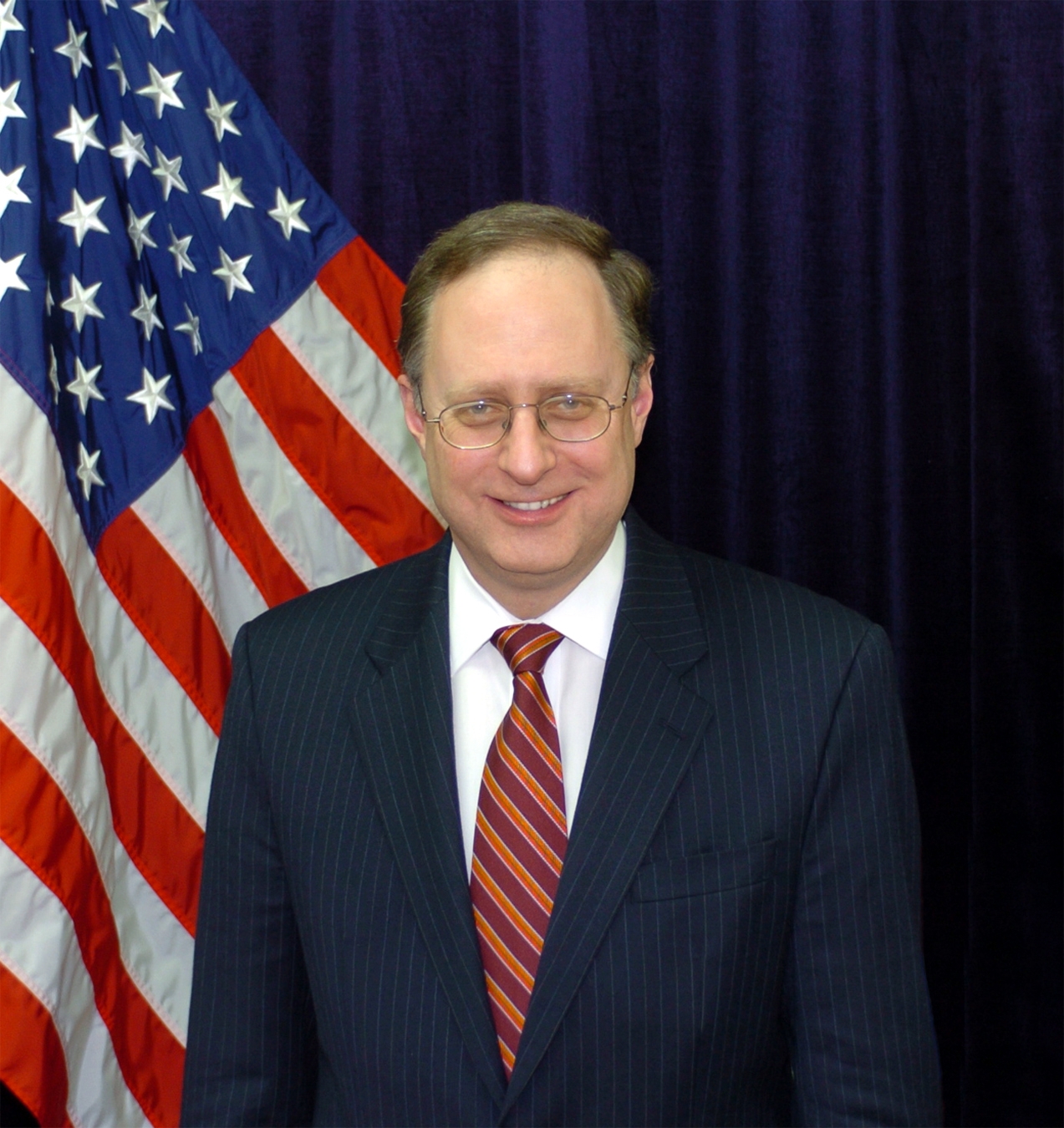The United States, like other U.N. members and especially as a Security Council member, will keep its cards close to the vest in terms of its preferences until very late in the process.

"Alexander Russell "Sandy" Vershbow" is an American ambassador and the current Deputy Secretary-General of the North Atlantic Treaty Organization.
From October, 2005 to October, 2008, he was the United States Ambassador to South Korea. Before that post he had been the United States Ambassador to Russia/ambassador to the Russian Federation from 2001 to 2005 and the United States Permanent Representative to NATO/ambassador to NATO from 1998 to 2001. For his work with NATO he was awarded the Secretary's Distinguished Service Award/State Department's Distinguished Service Award.
In March, 2009, President Barack Obama nominated Vershbow as Assistant Secretary of Defense for International Security Affairs, a position that holds responsibility for U.S. policy toward NATO, coordination of U.S. security and defense policies relating to the nations and international organizations of Europe, the Middle East and Africa. He was confirmed in April, 2009. After almost three years with the U.S. Department of Defense, in February 2012, Vershbow moved back to Brussels where he took the position of Deputy Secretary General of NATO.
More Alexander Vershbow on Wikipedia.The United States is eager to resume negotiations as soon as possible so that we can make rapid progress toward the elimination of North Korea's nuclear programs. Our negotiators are packed and ready to go.
It's in the interests of all countries and peoples, but most especially it's in the interests of the North Koreans themselves that the DPRK shed the albatross of its nuclear program and join the international community.
We are ready to negotiate on the nuclear issue right now. It's North Korea that's creating the artificial obstacle to progress.
The United States is ready to return to the table without attaching any new conditions, and we expect North Korea to do the same.
We have a lot of hard work ahead of us and I look forward to working with you to clear the way and the obstacles.
Unfortunately over the past year or so, we have seen a disturbing trend of independent regulators and economic enforcement officials devoting a large amount of their energies specifically toward foreign investors and seeking credit from the public by trumpeting their actions in the media.
Koreans - whose food bill as a percentage of income is higher than for citizens of almost all other OECD members - will enjoy lower food prices and a greater selection of fruits and vegetables. Money saved on food can be invested in education, leisure, and cutting-edge IT services - exactly the type of sectors that need to grow to provide future generations with well-paying jobs.
Copyright © 2024 Electric Goat Media. All Rights Reserved.